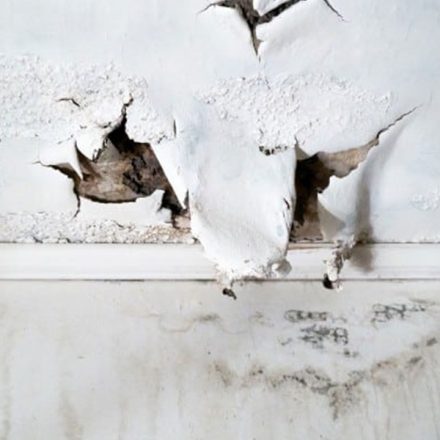Housing Repairs and Fitness for Human Habitation
Simon Mullings of the Housing Team at Edwards Duthie Shamash discusses the Homes (Fitness for Human Habitation) Act 2018 and advises tenants to continue reporting defects to landlords during the current Covid-19 pandemic.
On 20th March 2020 the final piece of the Homes (Fitness for Human Habitation) Act 2018 come into force which meant that virtually all tenancies in England became subject to fitness standards. This is a very significant extension of the legal obligations placed on landlords to ensure that properties let to their tenants are in habitable condition.
Previously, in broad terms, a landlord only had to comply with section 11 Landlord and Tenant Act 1985 and any additional obligations set out expressly in the tenancy agreement. That meant they only had to do repairs which fell under the categories set out in the 1985 act and which had arisen since the tenancy started. In general terms, if a defect in the property existed at the outset it was difficult or impossible to hold the landlord legally responsible for remedying it.
Now any defect (except in some exceptional and, it is thought, fairly rare cases) which renders the premises unfit for human habitation is actionable as against the landlord. Alongside any repairing obligations the landlord has not complied with. If the landlord refuses to do works to remedy the problem then the tenant can bring a claim in the county court for an order for works to remedy the problem and potentially for damages. Legal Aid is available to bring a claim for works of repair and works to bring premises into a state of fitness of human habitation. It has to be noted, however, that legal aid is not available for compensation claims and so other funding arrangements must be considered for such claims.
What constitutes a problem causing the premises to be unfit is not defined as such, but the legislation gives indications that the existence of hazards identified in the Housing Health and Safety Rating system introduced by the Housing Act 2004 will be indicative of problems of unfitness. Establishing whether there is a claim of merit against a landlord will generally need legal advice and the evidence of an expert building surveyor and/or environmental health expert.
In the current public health crisis, obtaining expert evidence is likely to be difficult if not impossible. However that does not mean that tenants who believe they have repairs issues and/or fitness for human habitation issues should wait until the crisis is over. Notice to the landlord of such problems in key to any claim and there is also a pre-action protocol that must be followed before any claim can be taken to court. Government guidance to landlords is that while they and their contractors must of course follow the social distancing guidelines, the legal obligations to carry works are not affected by the crisis and works must still be done where they can be carried out safely.
It is therefore perfectly possible and indeed recommended that tenants seek advice now so that their cases can at least be started, and then, if necessary, expert evidence can be obtained when experts are working again. Please contact us on 020 8514 9000 if you want to discuss such a case.
